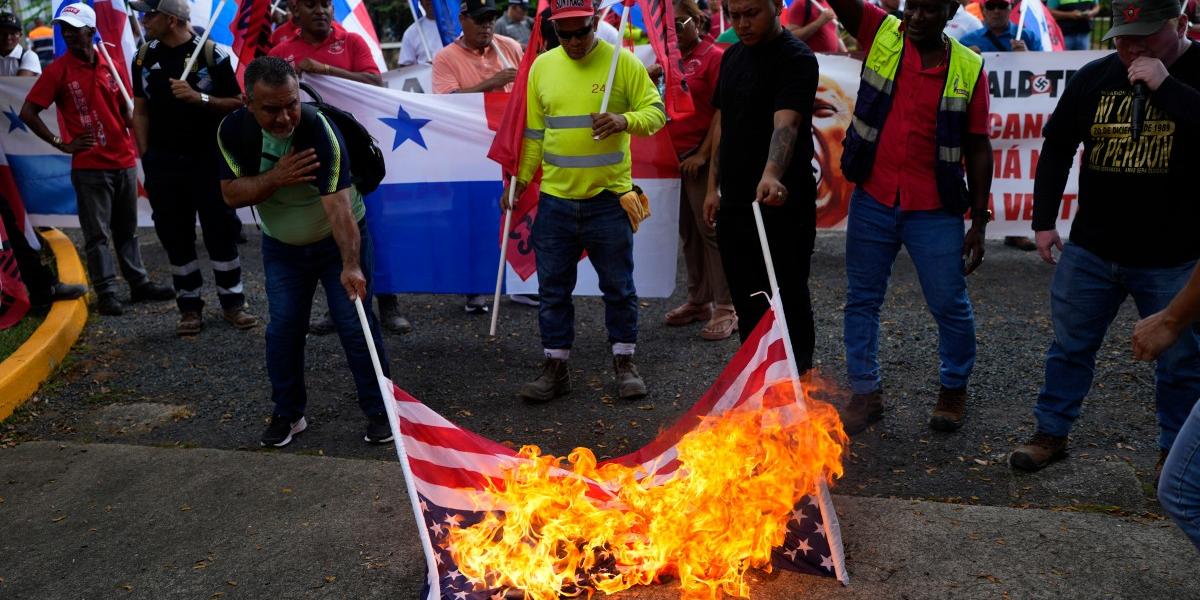Egypt's Strategic Role in Libya's Stability
The meetings between Egypt's President Abdelfattah el-Sisi and Libyan General Khalifa Haftar highlight key dynamics in Libya's quest for stability. Discover the regional intricacies that underpin this relationship.
Published January 19, 2025 - 00:01am

Image recovered from shorouknews.com
Recent engagements between Egyptian President Abdel Fattah el-Sisi and Khalifa Haftar, the Commander of the Libyan National Army, have reinforced Egypt's pivotal role in fostering stability in Libya. These discussions underscore the strategic and diplomatic relationship between Egypt and Libya, rooted in shared security interests and historical ties.
The Egyptian government views Libya's stability as inherently linked to its national security. President el-Sisi has consistently emphasized that a stable Libya is crucial for regional peace and security, reflecting Egypt's determination to support its neighboring nation. The meeting between el-Sisi and Haftar underscored this by focusing on mutual security concerns and initiatives aimed at promoting national unity and the sovereignty of Libyan territories.
Egypt has committed itself to supporting all efforts that strive towards peace and unity in Libya. Central to this is the joint resolve to establish a comprehensive political roadmap that paves the way for synchronized presidential and parliamentary elections. This strategy aims at consolidating peace-building efforts amongst divided Libyan factions, thereby enhancing Egypt's influence over the region's geopolitical landscape.
Notably, Egypt is urging the withdrawal of foreign forces and mercenaries from Libya. This step is seen as vital to restoring Libya's autonomy and ensuring that Gulf security is not undermined by external influences. This initiative has been supported by both Egyptian diplomatic endeavors and military support, reflecting a robust bilateral collaboration with Ostensible Libyan leadership under Haftar.
Haftar, acknowledging Egypt's significant role, expressed deep appreciation for Cairo's steadfast support. He highlighted the importance of Egyptian-Libyan relations in overcoming current challenges faced by Libya. Haftar's cooperation with Egypt is aimed at capturing regional advancements in terror-fighting strategy, benefiting from Egypt's experience in quelling terrorism in the Middle East and North Africa region.
One of the overarching themes of their engagements is Egypt's intent to export its development model to Libya. This includes infrastructure development and institutional fortification, as seen through the involvement of Egyptian companies in various projects. Haftar has recognized the potential of Egyptian expertise in revitalizing Libya's development trajectory, aiming for long-term national prosperity.
Meanwhile, Libya's internal landscape remains fractured by competition between opposing administrations in the east and west. Efforts to consolidate a united political front have been hampered by legal disputes and political disagreements, notably surrounding electoral processes. The discord within Libya highlights the importance of foreign mediation in reducing tension and bringing Libyan factions to the negotiating table.
The collaboration between Egypt and Libya is poised to play a central role in the unfolding political drama in the region, wherein international players vie for influence. Egypt maintains its policy of non-interference but strengthens its regional standing by aligning closely with Haftar-led efforts to sustain peace and governance in Libya.
In conclusion, the partnership between el-Sisi's government and Haftar exemplifies a diplomatic balancing act with Egypt solidifying its position as a primary mediator and force for peace in Libya. As stability hangs in a delicate balance, this strategic alliance emphasizes mutual security and prosperity, heralding an era of potential political reform and cooperation in the region.







